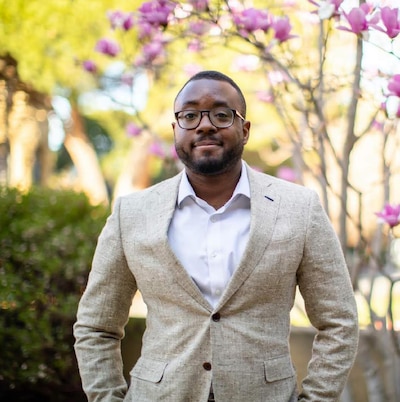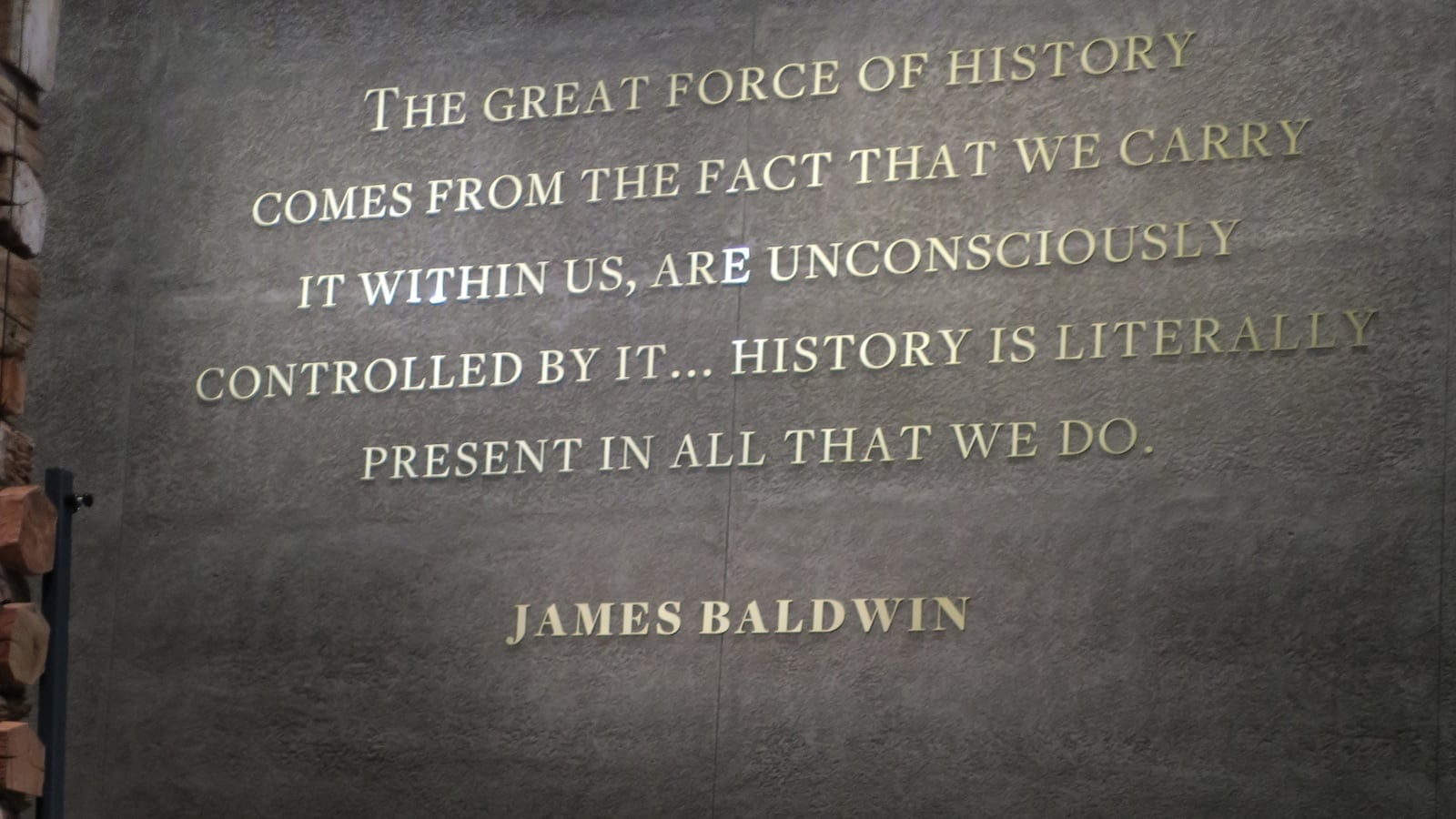“...we still haven’t got all our rights, and that’s that.”
The words were written by Louis Brown,* a Black eighth grader at Emerson Elementary in Chicago. I first read them in late 2020, against a backdrop formed by the racial and economic inequities exposed by the pandemic, the seemingly daily drumbeat of police killings, and the surging protest movement for Black Lives. They struck me in their rawness, their immediacy. Brown, however, had written his words in the spring of 1943, sitting at a desk in school that had long since been shuttered.
I was reading his work in the archives of the George Cleveland Hall Branch Library and its Vivian G. Harsh Research Collection, where much of the city’s African American past is preserved. As a historian of education, finding the voices of students in historical archives is rare. When those voices speak to the present in ways that collapse the distance of nearly 80 years, it is even more remarkable.

Brown’s statement about what the nation owed its Black citizens, and the still unpaid nature of that debt, was sparked by the introduction of a pioneering Black history curriculum at his school. Called the Supplementary Units for the Course of Instruction in Social Studies, it was adopted and used in Chicago schools between 1942 and 1945.
Back when most social studies texts marginalized or ignored Black Americans as a matter of course, the Supplementary Units were a groundbreaking contrast. Lessons included material on West Africa and its connection to the Black diaspora; honest accounts of the brutality of the slave trade; information on slave revolts, abolitionism, and Black military service during the Civil War; and descriptions of the accomplishments of Black artists, intellectuals, explorers, and inventors.
The lessons prompted students to think deeply and critically about Black history and about American history more broadly. Oftentimes those discussions also led to questions about the present, especially as the U.S. championed democracy on the battlefields of Europe while continuing to tolerate Jim Crow laws, lynching, restrictive covenants, a segregated military, and separate schools at home.
The Supplementary Units and their author, Madeline Morgan (later Madeline Stratton Morris) are the subject of my forthcoming book, “A Worthy Piece of Work: The Untold Story of Madeline Morgan and the Fight For Black History in Schools.” In it, I follow Morgan from her childhood in Bronzeville, the beating heart of Chicago’s Black intellectual and cultural scene, through her education at Chicago Normal College (now Chicago State University) and Northwestern University, and into the classroom, where she began the push for Black representation. Her efforts ultimately manifested in the Supplementary Units.
Black women often remain unacknowledged in the history of American education. Yet their contributions are beyond dispute.
Along the way, I look at Morgan alongside other Black women educators. Black women often remain unacknowledged in the history of American education. Yet their contributions both as theorists and practitioners are beyond dispute. From the antebellum era on, Black women worked as school teachers and administrators, community activists and social workers, librarians, and archivists. They were knit together nationally through women’s clubs, civil rights organizations, and sororities. Morgan’s story is, in many respects, the story of these women and the networks that supported and sustained their educational activism.
The book also traces the historical moment that allowed Morgan to campaign so successfully for the inclusion of Black history in schools. World War II exposed the contradictions inherent in America’s claim to be the defender of freedom and equality. At the same time, it increased Black militancy in the fight for Civil Rights. Black Americans became committed to a Double Victory over the enemies of democracy, both foreign and domestic. Black teachers and their progressive white allies pushed for intercultural education, an early form of what we now think of as multiculturalism. Several cities and school districts took up these efforts during the war years. It was at this time that Morgan convinced Chicago school officials to back her creation of a Black history curriculum. Leaving the classroom for the district’s central office, she researched, wrote, compiled, and tested the materials for over a year.
Morgan’s curriculum received national attention, wide interest, and public praise. But it was short-lived. As the war ended and national priorities shifted, interculturalism and diversity efforts fell out of favor among white educators. Black teachers, meanwhile, faced increasing barriers to teaching Morgan’s Supplementary Units.
By the late 1940s, Cold War conservatism reigned, and Morgan’s work was largely abandoned. But her call to reframe how schools taught history by including Black voices could not be denied. It has resurfaced again and again, decade after decade. It lives today in the demands of organizations like Black Lives Matter at School, which echoes Morgan’s call to make Black history a central part of the school curriculum.
At a moment when conservative attacks on Critical Race Theory have turned school board meetings into open melees, governors have passed laws encouraging parents to report educators who teach about racism and discrimination, and history standards committees are forced to fear for their physical safety, Morgan’s legacy is more relevant than ever. For me, the current effort to police how our collective past is taught and understood shows just how far we still have to go to make Morgan’s vision a reality.
For Morgan, an honest account of the nation’s past was a critical step towards full citizenship for Black Americans. That we are still fighting for such histories is a reminder that, as Louis Brown put it, “we still haven’t got all our rights, and that’s that.”
*the student’s name has been replaced with a pseudonym.
Michael Hines is an assistant professor at the Stanford Graduate School of Education, and a former K-12 history teacher. His first book, “A Worthy Piece of Work: The Untold Story of Madeline Morgan and the Fight for Black History in Schools” is available for preorder now and will be released May 17, 2022.


